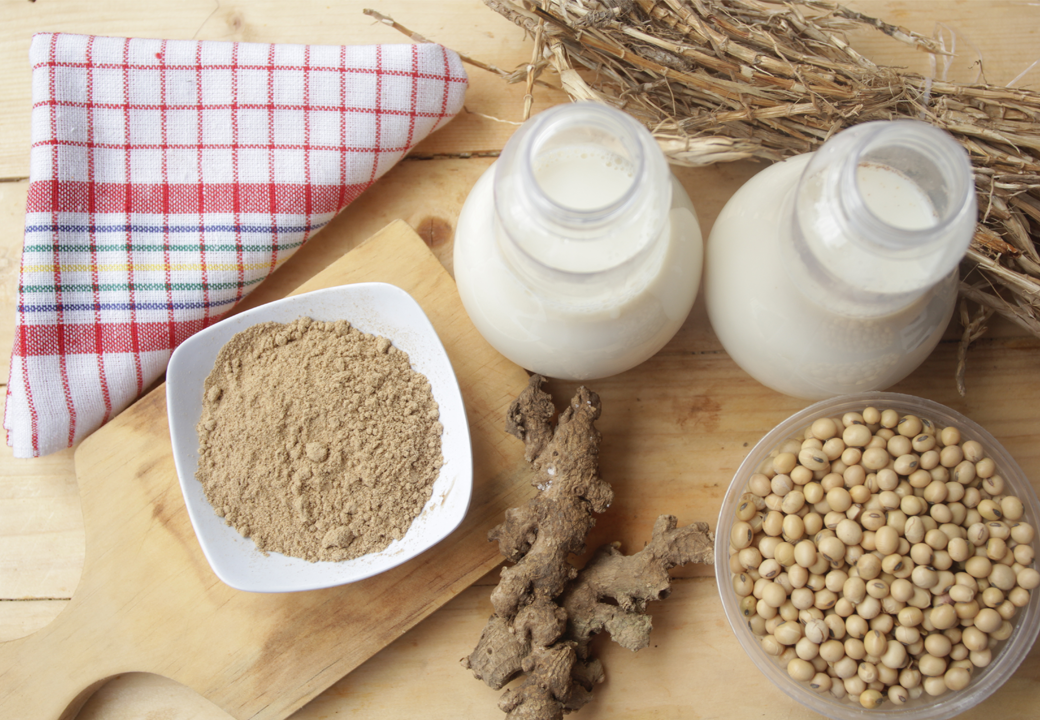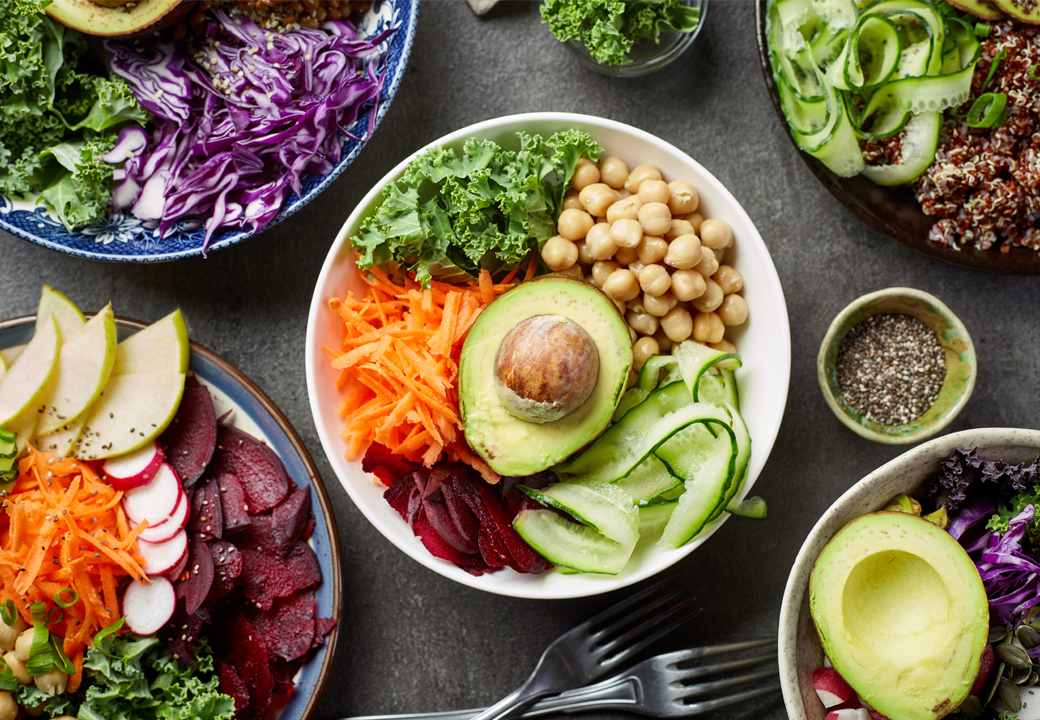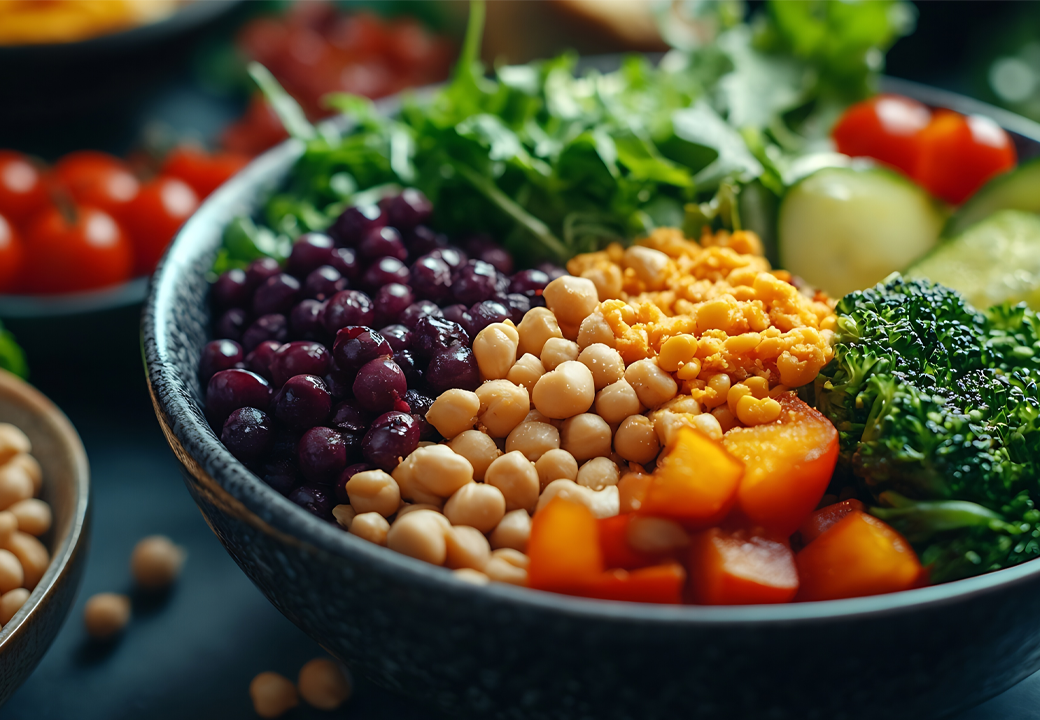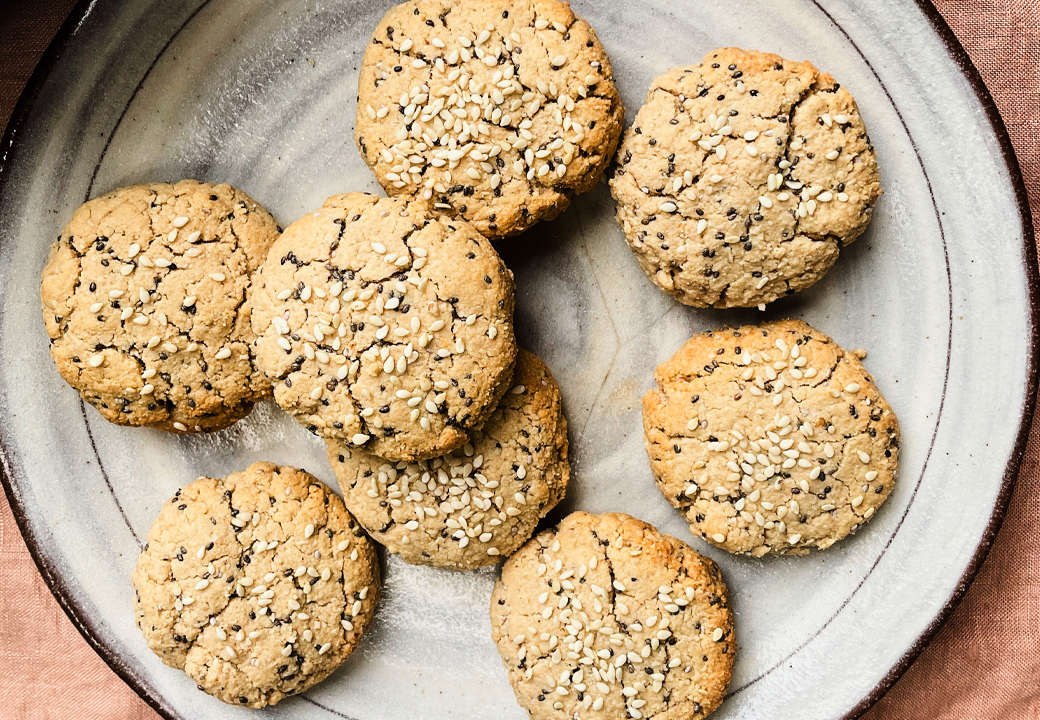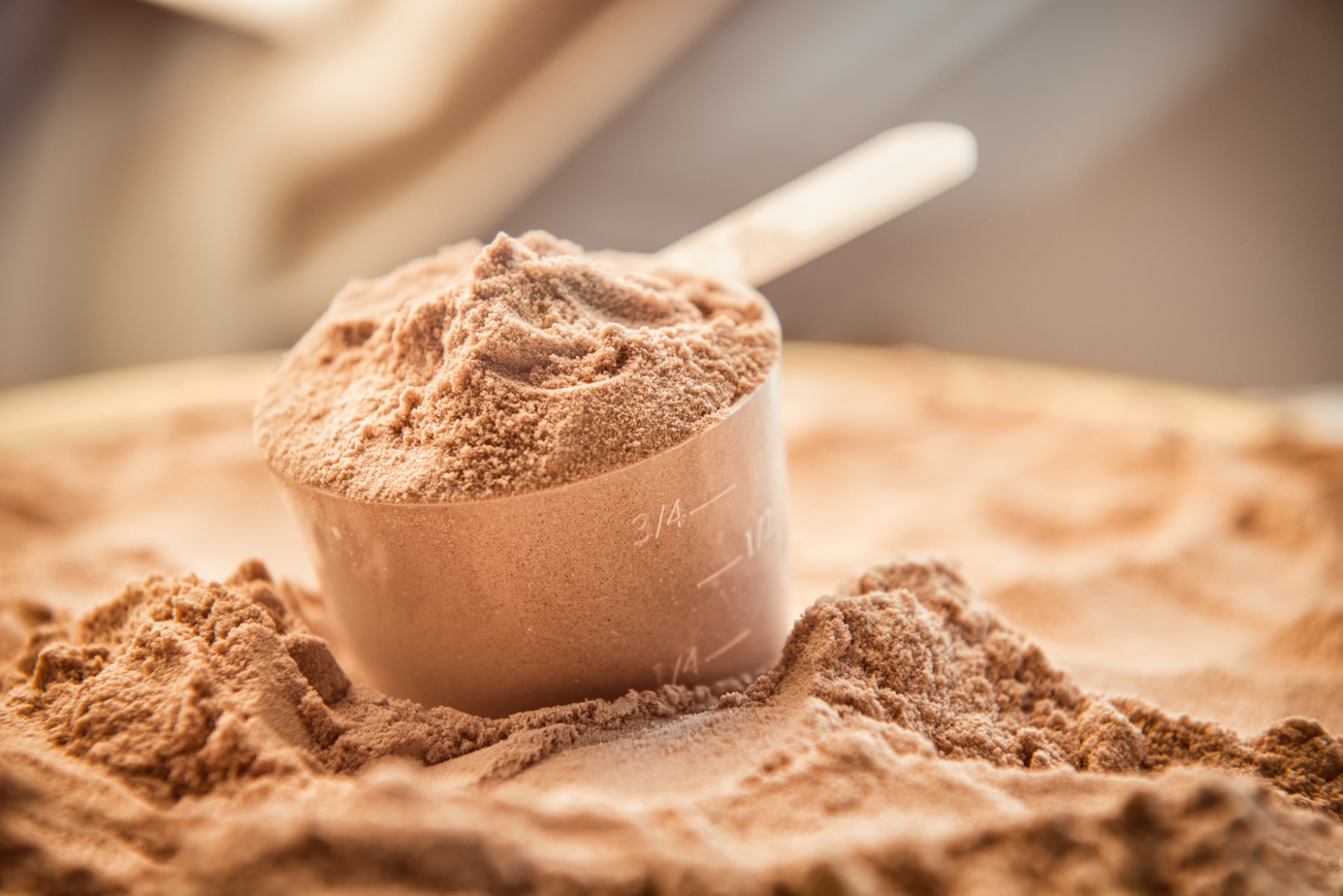

Photo Credit: "© [Nick Starichenko] / Adobe Stock
Protein is rising in popularity among the wellness industry, and for good reason. It’s an essential part of a healthy diet, but there’s an overwhelming amount of protein advice and products. Today, we’re breaking down why protein’s important, how much protein you need a day, and the best sources of protein for a healthy diet.
What is protein, and why is it important?
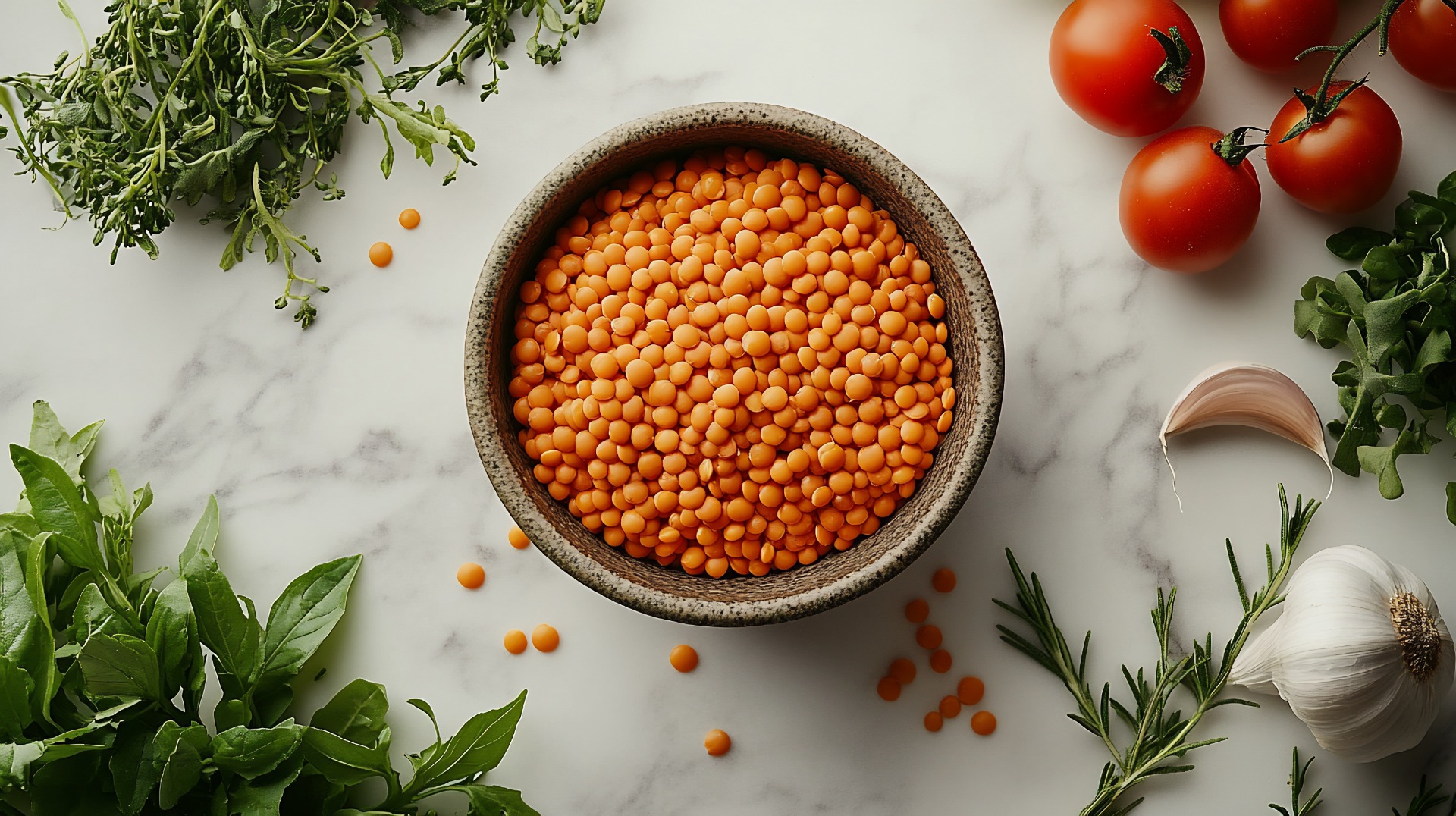

Photo Credit: "© [tono boys] / Adobe Stock
Protein is made up of amino acids, which are necessary for growth, repair, and tissue maintenance. Without enough protein, the body can't function optimally and, in extreme cases, a deficiency can lead to muscle wasting, fatigue, and a weakened immune system. But what exactly does protein do to the body?
- Muscle repair and growth - The amino acids in protein help knit together micro-tears in muscle to speed up recovery and strengthen and grow muscles.
- Skin and hair health - The proteins you consume help the body create another type of protein called collagen. Collagen gives skin and hair elasticity, preventing brittle strands and encouraging bouncy, hydrated skin.


Photo Credit: "© [Drobot Dean] / Adobe Stock
- Hormone production - Proteins are critical for ensuring your body produces the correct amount of hormones. Hormone balance is essential and affects everything from sleep to energy and mood.
- Immune function - Your immune system fights off invading pathogens with white blood cells, which are created from amino acids found in proteins.
- Transporting oxygen throughout the body - Haemoglobin is a type of protein that carries oxygen throughout the body using red blood cells. This contributes to better energy and organ functioning.
Read more: What whole foods are high in protein?
How much protein do you need?
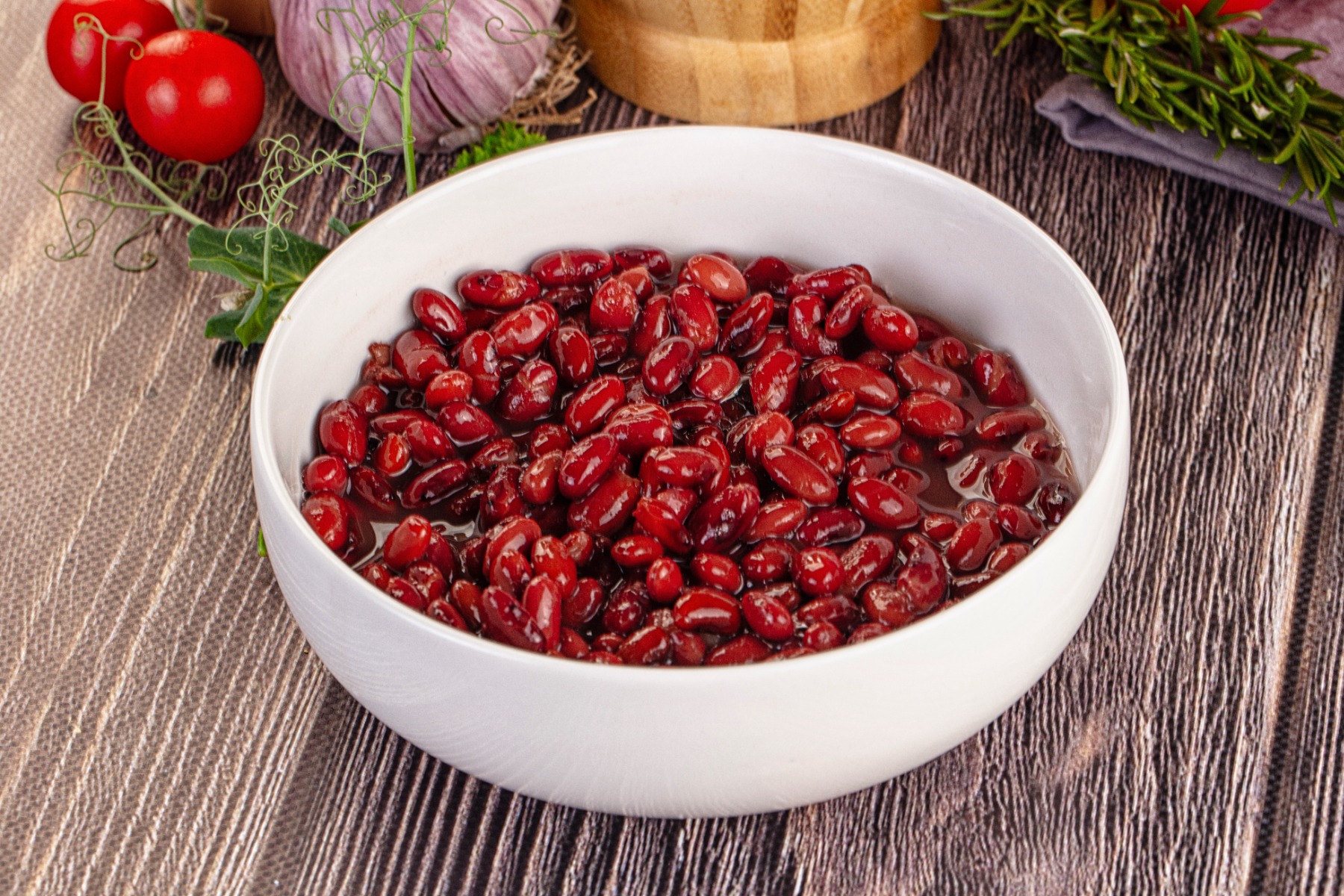

Photo Credit: "© [Andrei Starostin] / Adobe Stock
Now you know the role of protein in the body, how much do you need per day? The answer is - it depends. Generally speaking, the protein required for an active adult is 0.8 - 1 gram of protein per 1 kilogram of body weight. For example, if you weigh 70kg, you need about 70g of daily protein. However, for a sedentary adult, the recommended intake is less - about 56 grams per day for the average man and 46 grams per day for the average woman.
Tips to increase protein intake
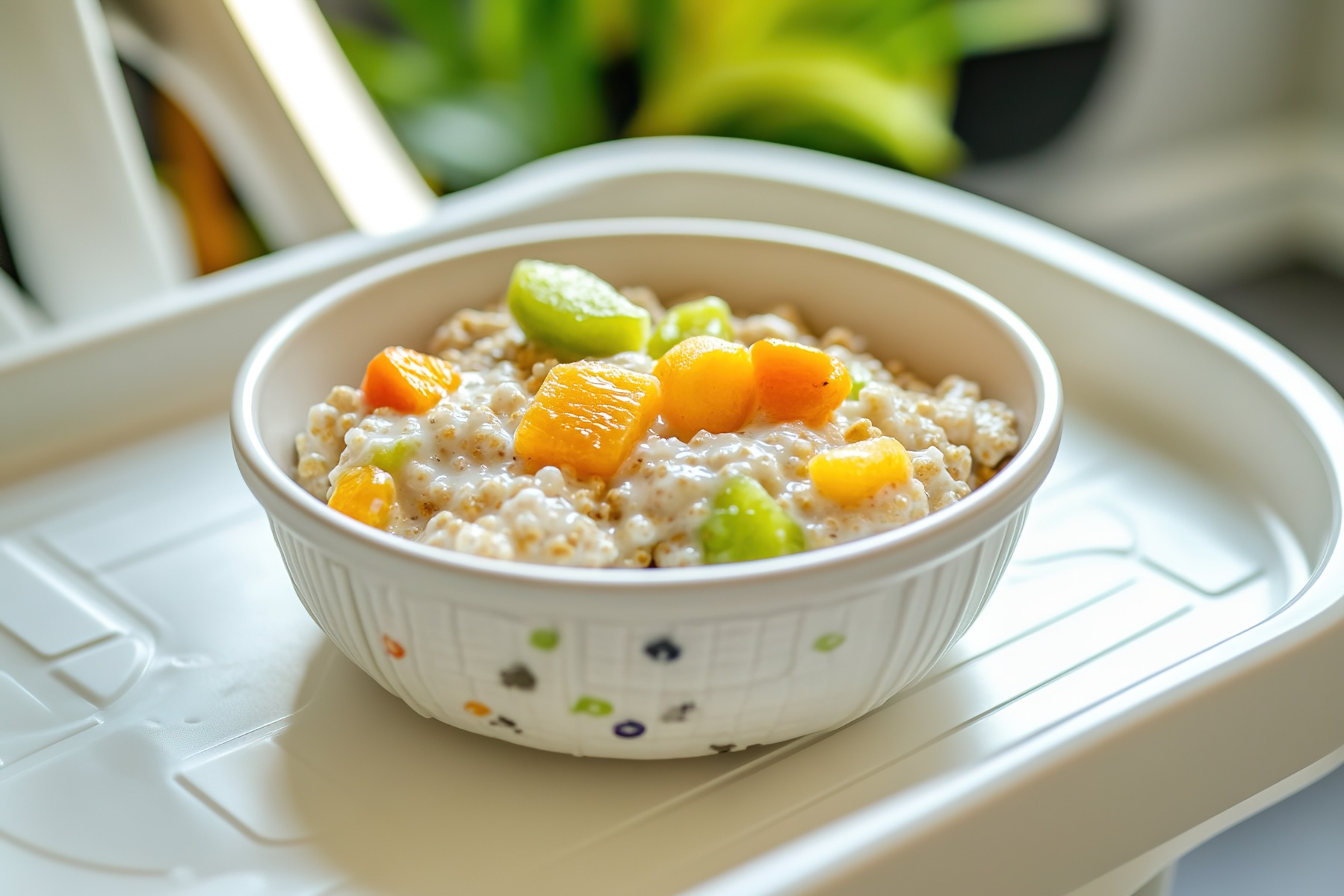

Photo Credit: "© [Larisa] / Adobe Stock
There are many quick and easy habits you can implement to ensure you’re hitting your protein goals.
- Start your day with protein - Choose a high-protein breakfast, like porridge mixed with chia seeds, pumpkin seeds, and chopped almonds. You can also add a small scoop of protein powder for a higher protein breakfast.
- Add protein to every meal - Cook homemade meals with whole foods brimming with protein, like lentils, beans, and chickpeas. Make Lentil & Walnut Burgers, Vegan Chickpea Nuggets, or Butter Bean Curry for flavourful and protein-heavy meals.
- Have protein-rich snacks - Nuts and seeds make excellent protein snacks, plus you get the benefits of healthy fats and fibre. Choose walnuts, Brazil nuts, or almonds for the highest protein percentage. Sunflower seeds and pumpkin seeds are also excellent for a protein trail mix.
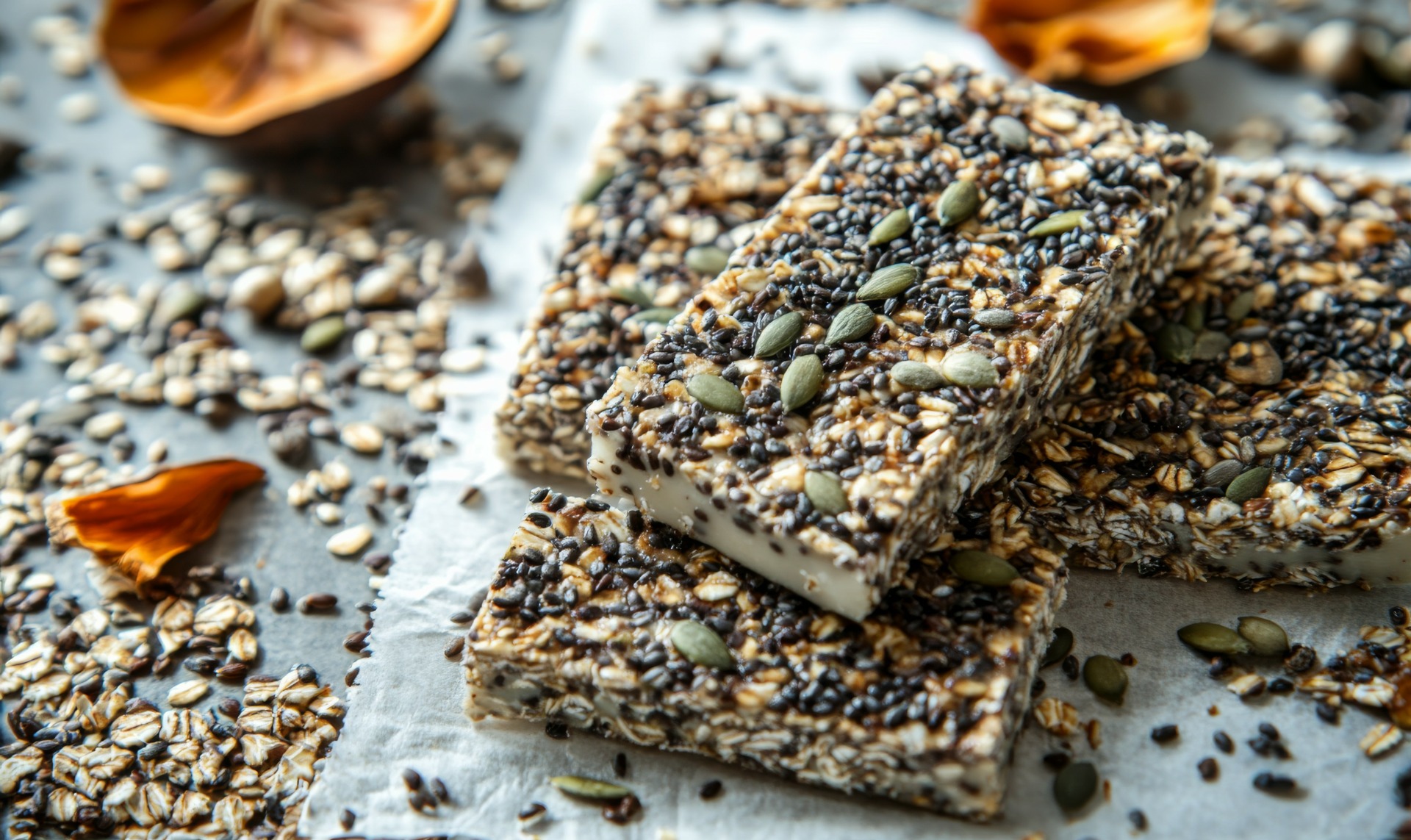

Photo Credit: "© [Tanya] / Adobe Stock
- Use protein powders - Plant-based protein powders, like pumpkin, pea, or hemp protein powders, are a fantastic option for extra protein. You can also choose whey protein powder in flavours like vanilla or strawberry. Alternatively, opt for a Huel protein shake that you can take on the way to the gym or to refuel during the day.
- Meal prep with protein - It’s easy to get off track with your diet if you don’t have a plan. Get enough protein by planning and prepping your meals for the week, and bulk buy Grape Tree whole foods to stay on top of your goals
- Try whole food protein desserts - Why not try making protein-packed desserts? We love our recipes for Protein Blueberry Muffins, Double Chocolate Hemp And Courgette Breakfast Waffles, Vegan Peanut Butter Mousse, and Coffee and Walnut Cake.
Best Grape Tree sources of protein
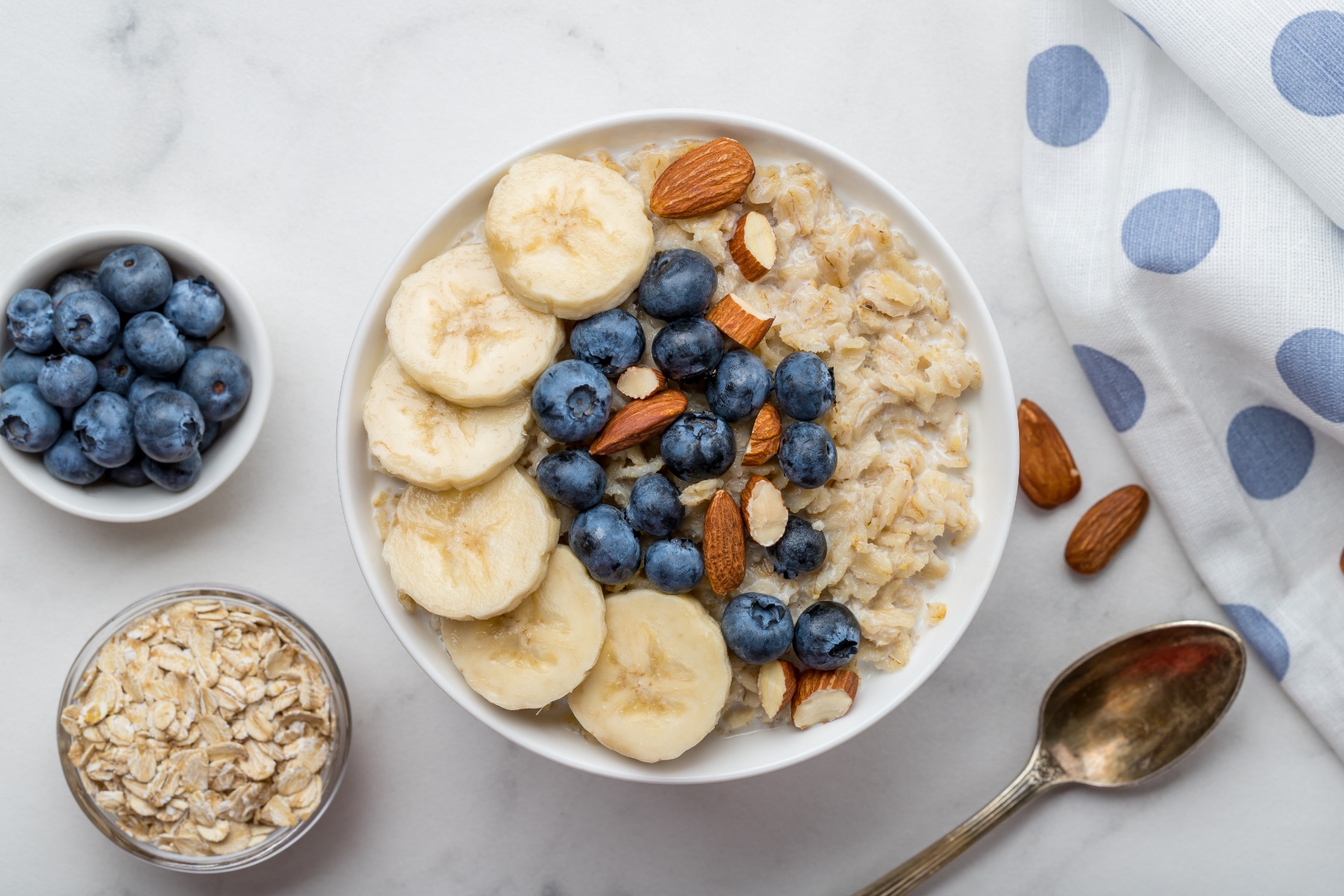

Photo Credit: "© [bbvirys] / Adobe Stock
There’s a wealth of different proteins available at Grape Tree. Check out our favourite protein whole foods:
Read more: What Does Soy Protein Do?
FAQs about protein
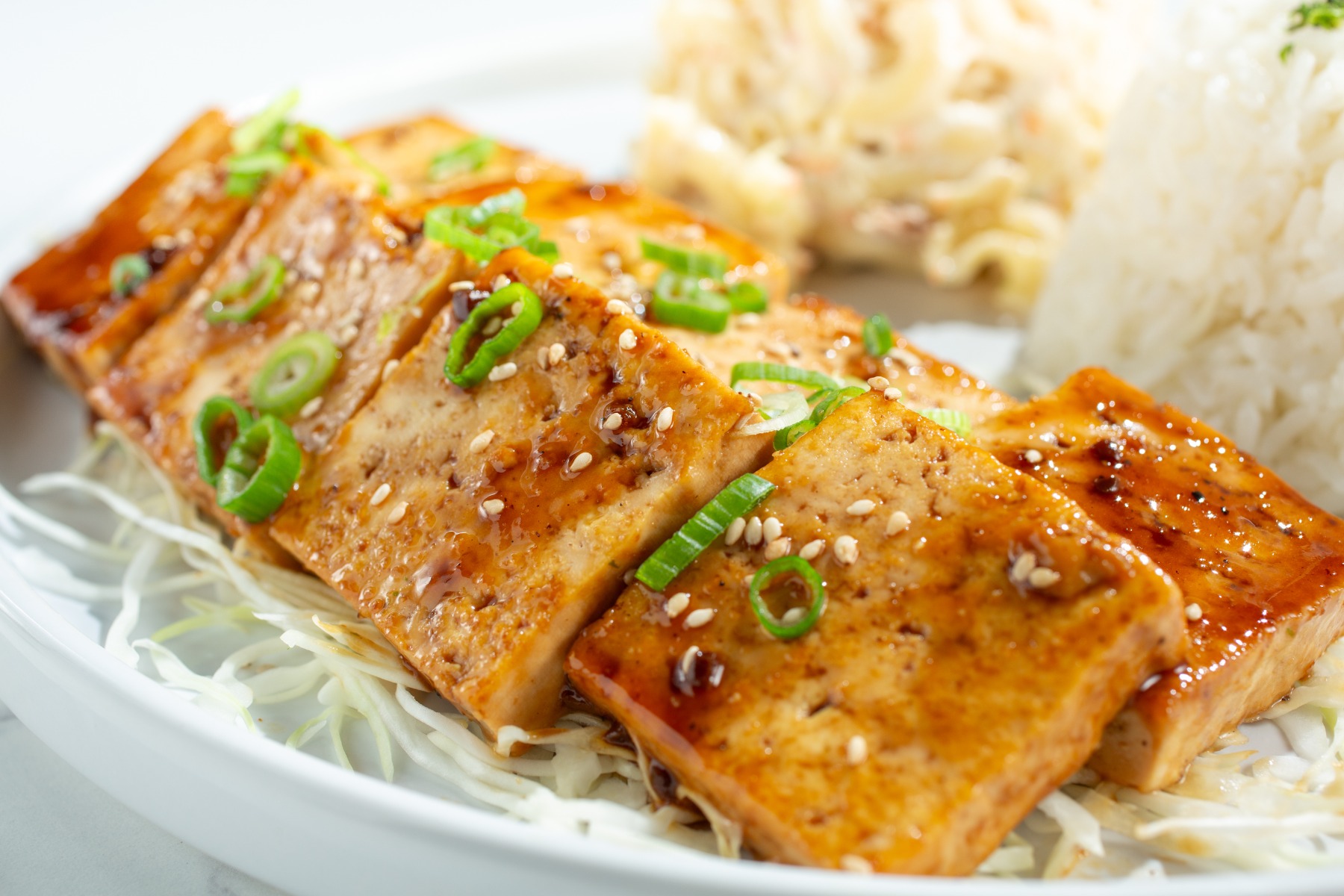

Photo Credit: "© [DAVID] / Adobe Stock
Read up on the most frequently asked questions about protein:
Can you eat too much protein?
Yes, but it’s not easy. For healthy individuals, high-protein diets are generally safe. However, an extreme protein intake (above 3-4g per kg) may strain the kidneys in people with pre-existing kidney issues. Although a high-protein diet is considered safe in healthy adults, it’s essential to balance your diet with plenty of fibre and an array of vitamins and minerals.
Is plant protein as good as animal protein?
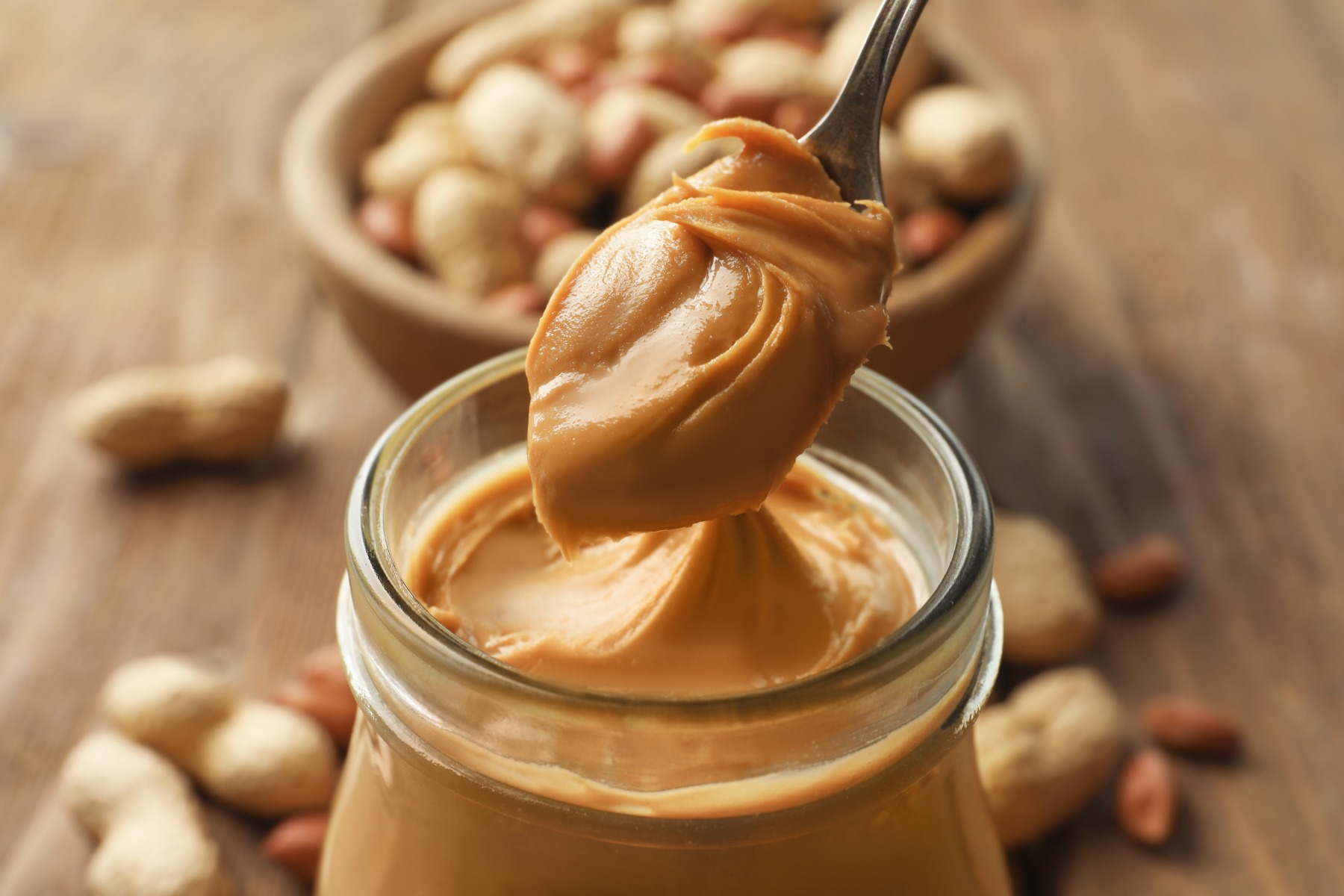

Photo Credit: "© [Africa Studio] / Adobe Stock
Yes, but you may need to eat a larger variety and volume of plant-based protein to get the same amino acid profile as animal products. On the flip side, lean meats (like turkey) contain a high concentration of protein, but they don’t have the additional benefits of fibre that you can find in plant-based options like lentils. If you do choose animal protein, ensure that you are also eating enough plant-based foods.
Read more: How To Hit Your Vegan Protein Intake.
Should I eat protein before or after a workout?
It doesn’t make much difference whether you eat protein before or after a workout. Your body continues to metabolise protein long after you finish a workout (so you don’t have to consume a protein shake immediately after the gym). However, it’s helpful to eat enough protein if you work out to encourage muscle repair and growth.
How much protein can you absorb at once?
Although it’s commonly said that the body can only absorb 20-30 grams of protein per meal, that’s not entirely accurate. Your body will digest and absorb any amount of protein you eat (even if it’s above 30 grams per meal). However, protein upwards of 30 grams is more likely to be used for bodily functions other than muscle building. Therefore, if you are specifically focusing on building muscle, it’s best to spread your protein intake throughout the day.
Get your daily protein with Grape Tree
Incorporating the right amount of protein into your diet can support better performance, more effective weight management, and long-term health. Get the right amount of protein with our array of protein whole foods, alongside protein powders. Hit your daily protein intake with Grape Tree.
